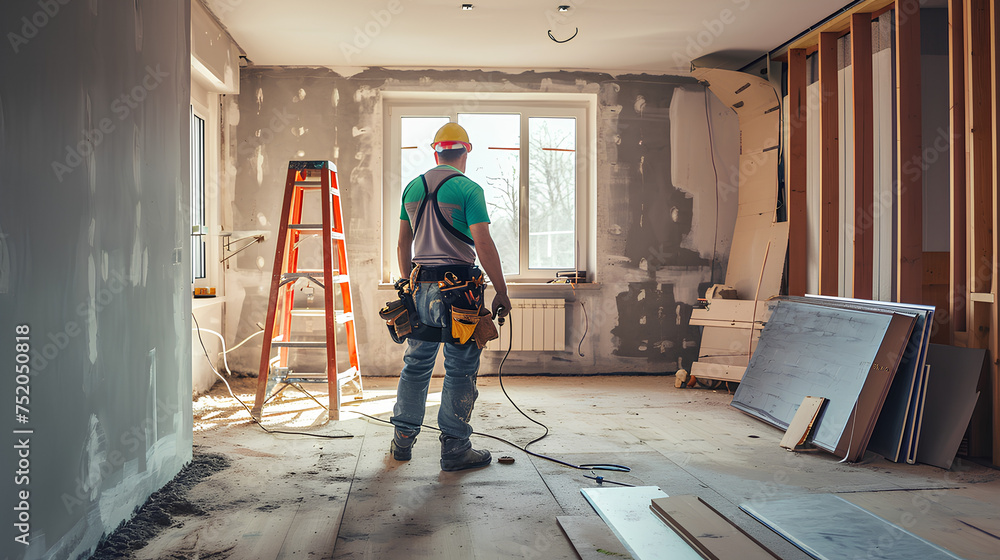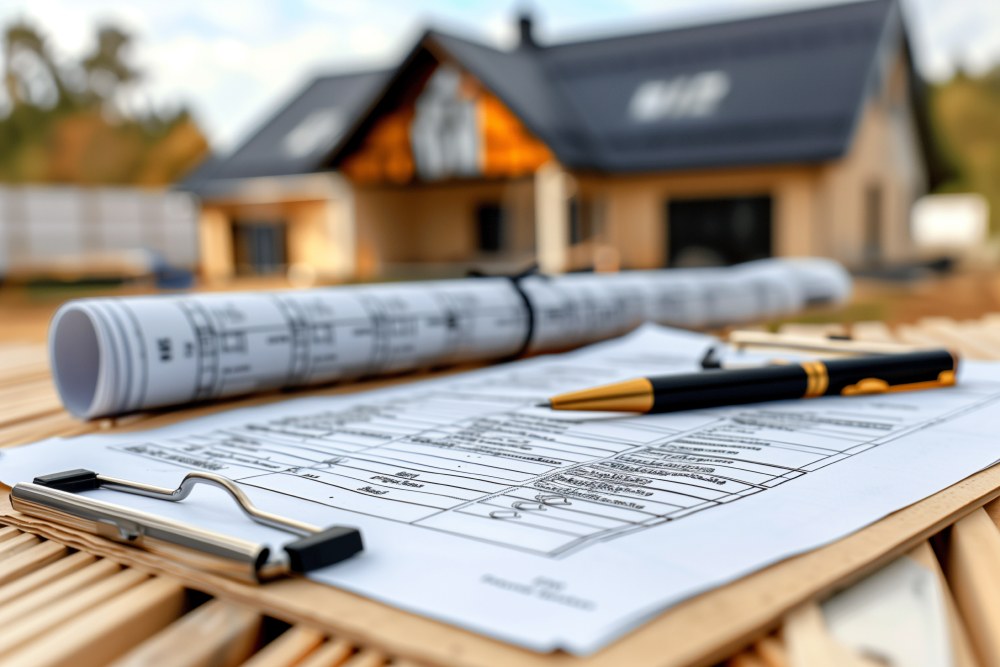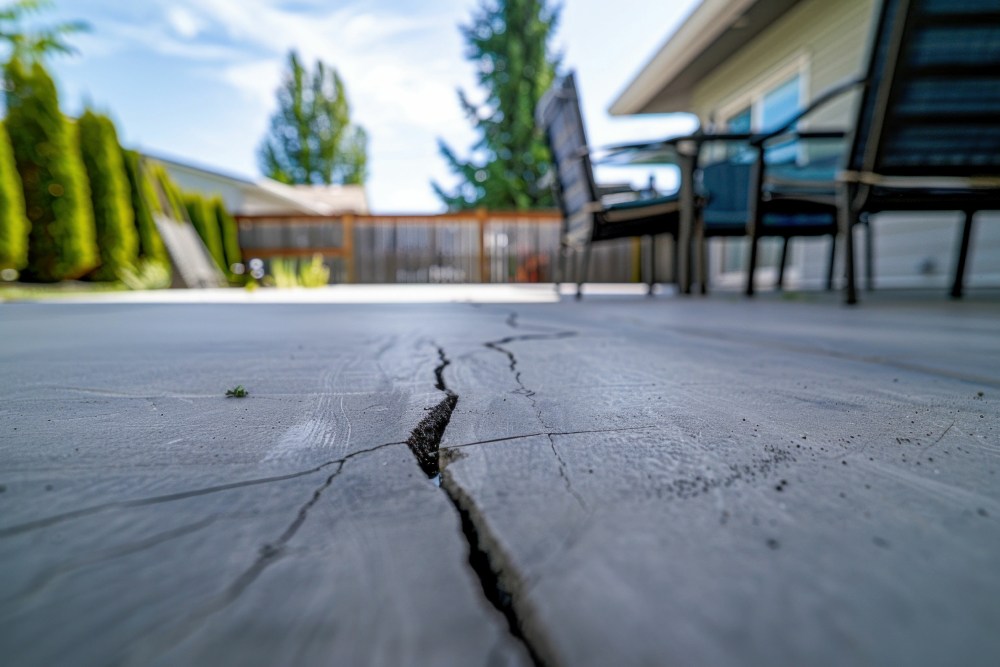Home inspections are a critical aspect of home improvement projects and real estate transactions. They help ensure that the work meets required standards, is safe, and that the property is free from major defects. Protecting your rights as a homeowner involves understanding the importance of home inspections and making sure they are carried out properly. Here’s a comprehensive guide on the importance of home inspections and how they protect your rights.
1. What is a Home Inspection?
Definition- Comprehensive Evaluation: A home inspection is a thorough evaluation of the property’s condition, including its structure, systems, and components.
- Professional Assessment: Conducted by a qualified home inspector, it identifies existing issues, potential problems, and areas needing maintenance or repair.
- Structural Components: Foundations, walls, roofs, and other structural elements.
- Systems: Electrical, plumbing, heating, ventilation, and air conditioning systems.
- Interior and Exterior: Windows, doors, floors, ceilings, and exterior surfaces.
- Safety Concerns: Identifies hazards such as faulty wiring, leaks, mold, and pest infestations.
2. The Importance of Home Inspections
Ensuring Quality and Safety- Standards Compliance: Inspections ensure that home improvement projects comply with building codes and standards, safeguarding the quality and safety of the work.
- Early Detection: Identifying issues early can prevent minor problems from becoming major, costly repairs.
- Avoiding Costly Repairs: An inspection can reveal defects or issues that need to be addressed before they lead to expensive repairs.
- Negotiating Power: Inspection reports can be used to negotiate with contractors or sellers for repairs or price adjustments.
- Documenting Issues: A home inspection provides a documented record of the property’s condition, which can be crucial in legal disputes.
- Ensuring Compliance: Verifies that contractors have met their contractual obligations and completed the work to the required standards.
Join HICP Homeowner’s Alliance
Connect with experts, get special discounts and enjoy member benefits
3. Types of Home Inspections
Pre-Purchase Inspections- Before Buying: Conducted before purchasing a home to identify any issues that need to be addressed or factored into the purchase decision.
- Negotiation Tool: Helps buyers negotiate repairs or price reductions based on the inspection findings.
- Before Selling: Homeowners conduct inspections before listing their home to identify and fix issues, making the property more attractive to buyers.
- Transparency: Provides potential buyers with confidence and transparency regarding the condition of the property.
- During Construction: Inspections at various stages of the construction process ensure that the work complies with building codes and standards.
- Final Walkthrough: A thorough inspection before finalizing the purchase of a newly constructed home to ensure everything is completed correctly.
- Specific Systems: Inspections focused on specific systems or concerns, such as mold, pest, or radon inspections.
- Renovation Inspections: Conducted during and after home improvement projects to ensure the work meets quality and safety standards.
4. How to Choose a Qualified Home Inspector
Credentials and Licensing- Certified Professionals: Choose a home inspector who is certified by a reputable organization, such as the American Society of Home Inspectors (ASHI) or the International Association of Certified Home Inspectors (InterNACHI).
- State Licensing: Verify that the inspector is licensed in states where licensing is required.
- Relevant Experience: Look for inspectors with experience in residential inspections and familiarity with the type of property or renovation project.
- Sample Reports: Ask for sample inspection reports to gauge the thoroughness and clarity of their evaluations.
- Online Reviews: Check reviews and ratings on websites like Yelp, Google Reviews, and the Better Business Bureau (BBB).
- References: Ask for references from past clients and contact them to inquire about their experiences with the inspector.
5. What to Expect During a Home Inspection
Inspection Process- Thorough Examination: The inspector will examine all accessible areas of the property, including the roof, foundation, electrical system, plumbing, and HVAC system.
- Documentation: The inspector will document findings with photos and detailed notes.
- Comprehensive Report: You will receive a detailed inspection report outlining the condition of the property, identified issues, and recommended repairs or maintenance.
- Prioritized Findings: The report will often prioritize issues based on their severity and urgency.
- Participation: It’s beneficial for homeowners to attend the inspection to ask questions and gain a better understanding of the property’s condition.
- Direct Feedback: Attending allows you to receive direct feedback from the inspector and clarify any concerns.
6. Taking Action Based on Inspection Findings
Reviewing the Report- Thorough Review: Carefully review the inspection report to understand the condition of the property and the necessary repairs.
- Consultation: Consult with the inspector if you have any questions or need further clarification on specific findings.
- Prioritize Repairs: Prioritize repairs based on the severity of the issues identified. Address safety concerns and major defects first.
- Get Estimates: Obtain estimates from qualified contractors for any necessary repairs or maintenance.
- Negotiation Leverage: Use the inspection report to negotiate with contractors for repairs or adjustments to the project scope.
- Seller Negotiations: If buying a home, use the report to negotiate with the seller for repairs, price reductions, or credits.
Home inspections play a vital role in protecting your rights as a homeowner. They ensure quality and safety, protect your investment, and provide legal protection. By understanding the importance of home inspections, choosing a qualified inspector, knowing what to expect during the inspection, and taking action based on the findings, you can navigate home improvement projects and real estate transactions with confidence. Always prioritize thorough inspections to safeguard your home and investment.




















